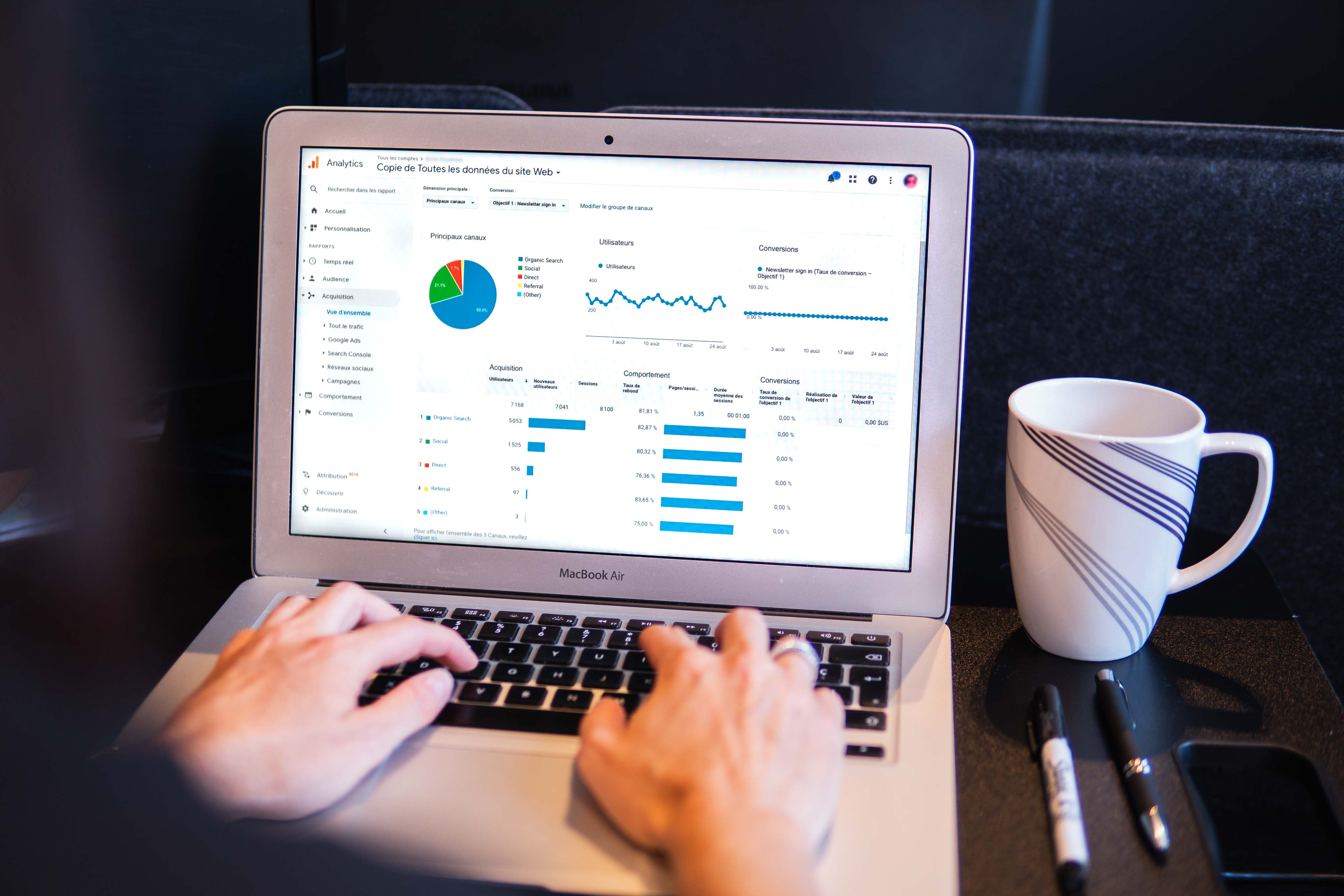8 Pricing Strategies That Use Psychology to Help You Sell More


The way you represent prices can dramatically influence how customers perceive value and whether they choose to buy. By leveraging simple psychological cues, your business can subtly guide purchasing decisions and boost conversions. These proven techniques tap into human behavior to make pricing feel more appealing, fair, or even irresistible.
1. Use Standard Font Sizes for Pricing to Avoid Confusing Customers
Using unusually large fonts for pricing can unintentionally signal a high cost to customers. Just as a large product image can exaggerate size, oversized prices may appear inflated. To avoid this, stick with standard font sizes that blend naturally with the rest of your design.
Clear, consistent formatting prevents confusion and helps customers focus on the value, not just the number, making it easier for them to say yes to the purchase.
2. Exact Numbers Appear Larger
Exact numbers tend to feel larger and more impactful than abbreviations or rounded figures. Writing out a price like $2,450,000 instead of $2.45M or $2.45 million gives the impression of greater value or cost simply due to its length and detail. This principle can work in your favor depending on what you're selling.
If you're aiming to emphasize size, luxury, or significance, using full numerical formats can strengthen perception. On the flip side, abbreviations like "$8k" can make prices feel smaller and more digestible, ideal when you're trying to reduce sticker shock. This is one of the simplest yet most effective pricing psychology tips for shaping how numbers are received.
3. First Prices or Numbers Customers See Anchor Expectations
The first number your customer sees sets the tone for how they judge all other prices. This is known as price anchoring. When a high-priced item appears at the top of a list, it creates a mental benchmark, making the rest of the options seem more reasonable by comparison. This is especially effective in tiered pricing structures or product menus.
By anchoring expectations with a premium offering, customers are nudged toward mid-range or even higher-priced choices they might have otherwise ignored. It's one of the most reliable price anchoring examples and a powerful tool in psychological pricing strategies.
4. Red Numbers Feel Like a Discount
Color plays a subtle but powerful role in pricing perception. Red, in particular, is strongly associated with discounts, urgency, and deals. When customers see prices displayed in red, they instinctively interpret them as being part of a sale, even if no discount is explicitly mentioned.
This visual cue taps into years of retail conditioning, where red tags and signage often signal bargains. Using red for pricing can be a simple yet effective way to boost perceived value and encourage purchases, making it a useful tactic in psychological pricing strategies.
5. Numbers That End in .99 Appear Cheaper
Prices ending in .99 are a classic example of psychological pricing strategies at work. Thanks to left-digit bias, consumers tend to focus on the first number they see — the leftmost digit in a price. So, $9.99 feels closer to $9 than to $10, even though the actual price difference is just a cent.
This subtle trick makes prices appear cheaper and more appealing, especially for cost-conscious shoppers. If you want your product to seem like a better deal, pricing it with a number ending in .99 can significantly influence perception and drive sales.
6. Odd Numbers Seem Like Better Deals Than Even Numbers
Odd numbers, especially those ending in 5, 7, or 9, tend to make prices feel more affordable. For instance, $29 is often perceived as a better deal than $30, even though the difference is only a single dollar. Prices ending in odd numbers, like $25 or $29, seem more “precise” and less rounded, which often signals a better value.
This strategy can influence consumer behavior and increase sales by making products feel like better deals.
7. Free Is Better Than Discounted
Offering free items often feels like a better deal to customers than a percentage discount, even if the total value is similar. Promotions like “buy one, get one free” create a sense of immediate value and urgency. Customers perceive the “free” aspect as a more tangible benefit, making them feel like they’re getting more for their money.
This strategy taps into consumer psychology, where receiving something extra is highly appealing. In fact, these types of offers tend to drive more sales than simple percentage discounts, making them a powerful tool in pricing psychology strategies.
8. Comparison Numbers Convince Consumers They’re Making a Good Decision
Comparison pricing plays a crucial role in shaping consumer decisions. When you see a product originally priced at $170 marked down to $99, the perceived value increases because you're comparing the current price to a higher reference point. This creates the feeling of getting a great deal.
Without this comparison, it's harder for consumers to gauge whether they're making a good purchase. Retailers use this tactic to leverage price anchoring examples and enhance the perceived value of their products, ultimately making customers feel more confident in their decision to buy.
Why brands choose MAIUS
Brands come to us for predictable growth, transparent reporting, and a team that actually cares about performance. No long contracts, no jargon. Just better results.



































.jpg)




























































